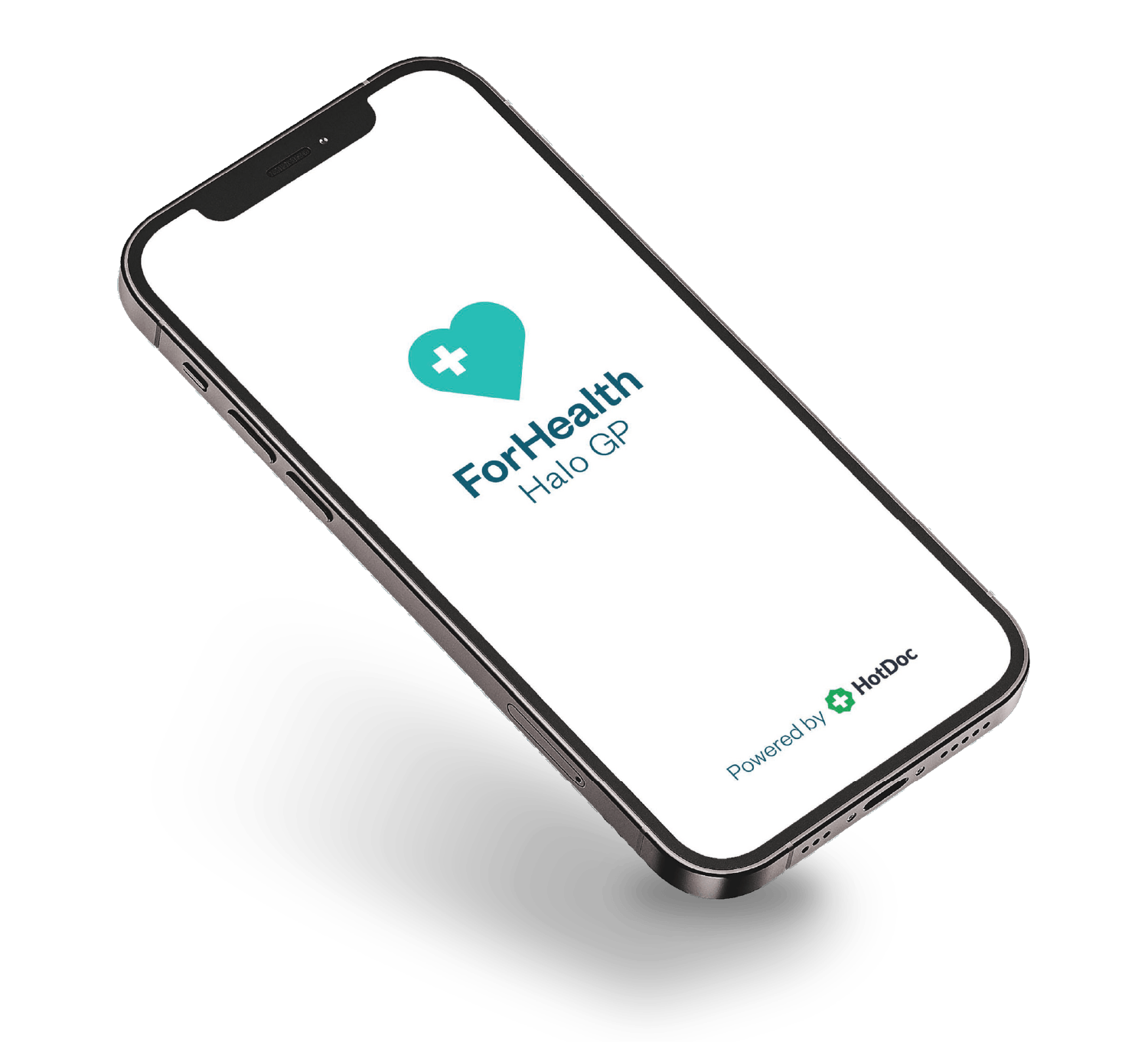Coronavirus is a new virus that was initially reported in Wuhan City, China in December 2019. Since that time it has spread to countries around the world.
People who contract coronavirus develop a respiratory illness, with symptoms that range from a mild cough to pneumonia. Most people with coronavirus fully recover, however some become very unwell, and a small percentage die.
The most common symptoms are:
- Fever
- A flu-like illness with cough, sore throat and fatigue
- Shortness of breath
Currently in Australia, people most likely to contract coronavirus are those who have returned from an identified high-risk country, or who have been in close contact with someone who is a confirmed case. People of any age can become infected with coronavirus, however older people or those with existing medical conditions such as diabetes, heart disease or asthma seem to be more at risk.
The virus can spread from person to person. Practising good hand and good respiratory hygiene can protects people of all ages. These hygiene steps include cleaning your hands often using soap and water or alcohol-based hand rub; coughing or sneezing into your flexed elbow or using a disposable tissue; avoiding close contact with anyone who has a cough or fever.
The virus is probably spread by:
- Coming into close contact with someone who is already infected
- Contacting droplets from the cough or sneeze of an infected person
- Touching something, for example, a door knob or table top that have infected cough or sneeze droplets on them, and then touching your mouth or face
If you become unwell and think that you may have coronavirus, seek medical advice. You should phone ahead to book and advise the medical practice that are you concerned may have coronavirus. You should let your doctor know about any recent travel, the symptoms you are experiencing, or if you’ve been in close contact with someone with coronavirus.
If you become very unwell, for example have difficulty breathing, call 000 for urgent help.
There is no specific treatment for coronavirus, and antibiotics are not effective. There is currently no vaccine. Medical care and advice can help you manage symptoms.
To prevent spread, it’s important that someone with coronavirus goes into isolation at home, and does not go work, shopping centres, school or university. Ask other people to leave food and necessities at your door. The usual people who you live with should be the only ones to come into your home.
It’s not necessary to wear a surgical mask at home, however if you do need to go out to get medical attention put on a surgical mask if you have one.
If you are not sick, wearing a surgical mask in public does not prevent the spread of the illness.
Being isolated in quarantine may be stressful or worrying. Support services are available at:
Support services
- Lifeline 131114
- Beyond Blue 1300 224 636
- MensLine Australia 1300 789 978
- Kids Helpline 1800 551 800
- headspace 1800 650 890
- ReachOut
- Life in Mind
- SANE forums
Coronavirus Health Information Line
For information about coronavirus or health concerns, contact:
Call this line if you are seeking information on novel coronavirus. The line operates 24 hours a day, seven days a week.
Phone: 1800 020 080
Call this number to speak to a registered nurse about your health concerns. The hotline is open 24 hours a day, 7 days a week.
Phone: 1800 022 222






 Book online
Book online  Repeat
Repeat